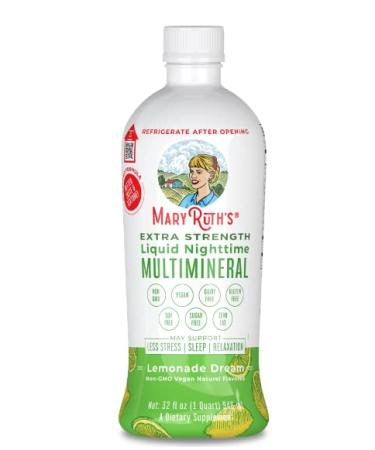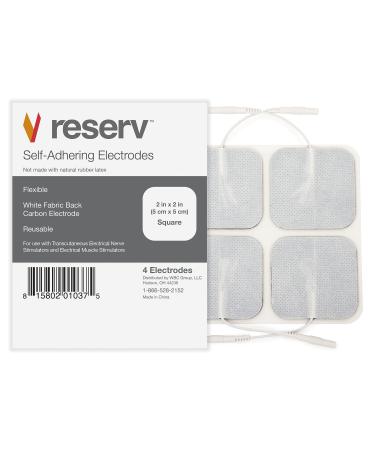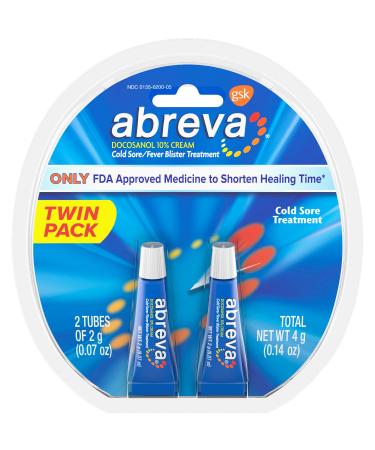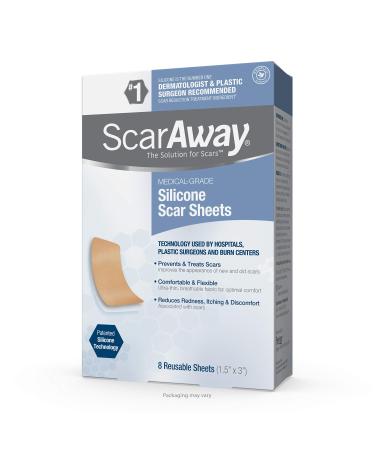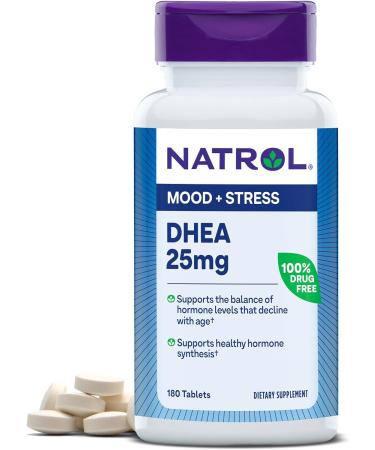What is Einkorn Wheat?
Research has shown that Einkorn is a type of wheat whose genetic structure has survived to the present day without any deterioration, according to some sources, 12,000 years ago, and according to others, 10,000 years ago.
What is the Difference of Einkorn Wheat?
The Einkorn wheat head stands out immediately in the field and is easily distinguishable. It has a single spikelet and a dense husk structure. This dense husk structure has developed a resistance to diseases and pests. Processing Einkorn wheat presents challenges. However, the hardness of the husk surrounding the wheat grain has not only prevented it from undergoing genetic expansion, prevented pests from damaging it, and made it resistant to cold. In addition to having a low glycemic index, it has also been found to be a functional food richer in protein, phenolics, tocopherols, and carotenoids than other wheat varieties. Einkorn contains twice as much vitamin A as modern wheat and more iron. There has been no change in the genetic structure of Einkorn.
Does Einkorn Wheat Contain Gluten?
While einkorn is a low-gluten wheat, it is not gluten-free. Because it is not gluten-free, it is not suitable for those with celiac disease or gluten intolerance. It does contain gluten, but it is very low in comparison to other wheat varieties.
What Can Be Made with Einkorn Flour?
Einkorn flour can be used in any area where wheat flour is used, especially in breads. With some modifications, it can be used in many recipes.
What are the Packaging Material Properties?
250g, 500g, 850g, and 1000g options are filled into aluminized Kraft Doypack bags, while 5, 10, and 25 kg options are filled into polyethylene bags.



